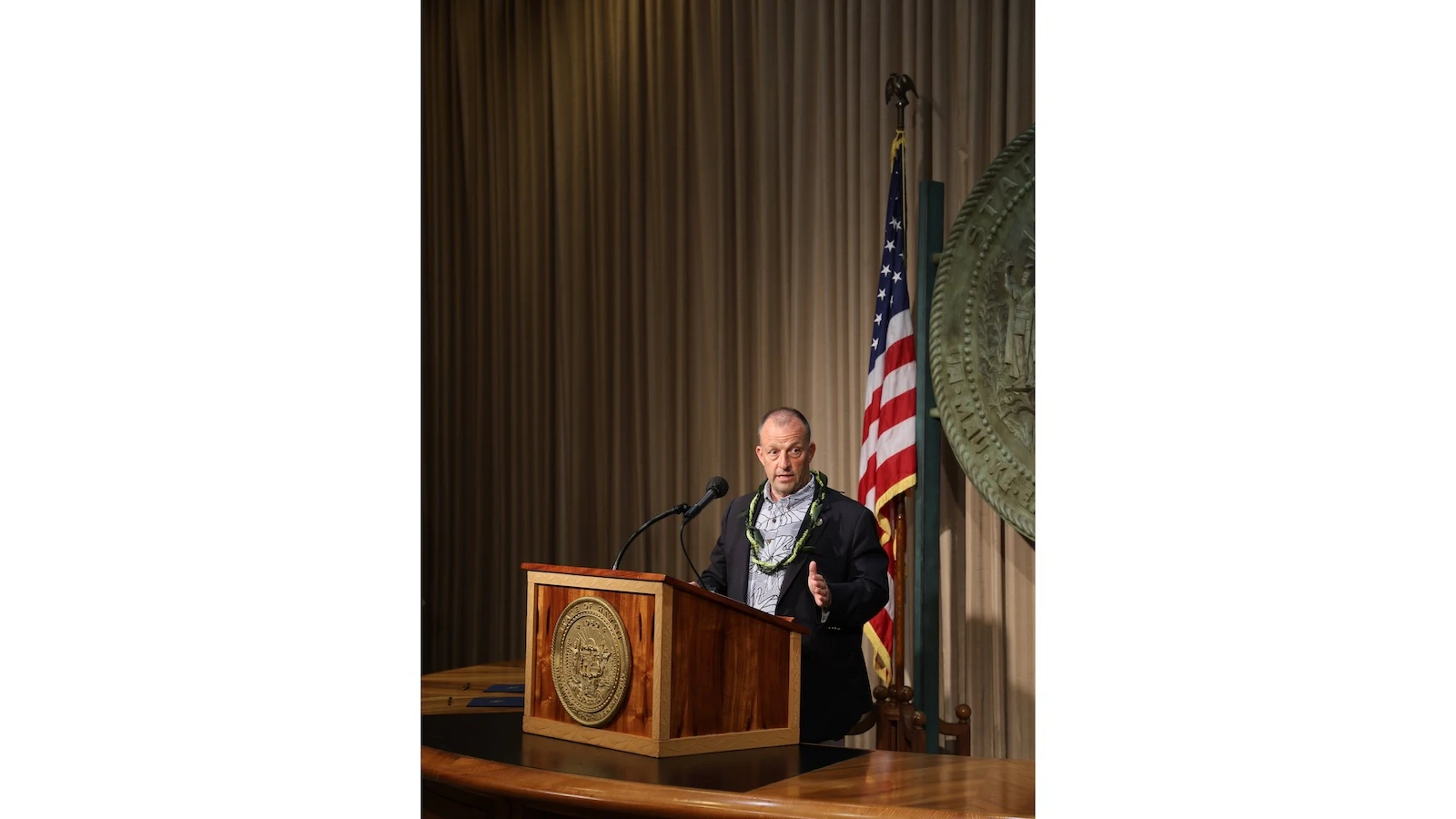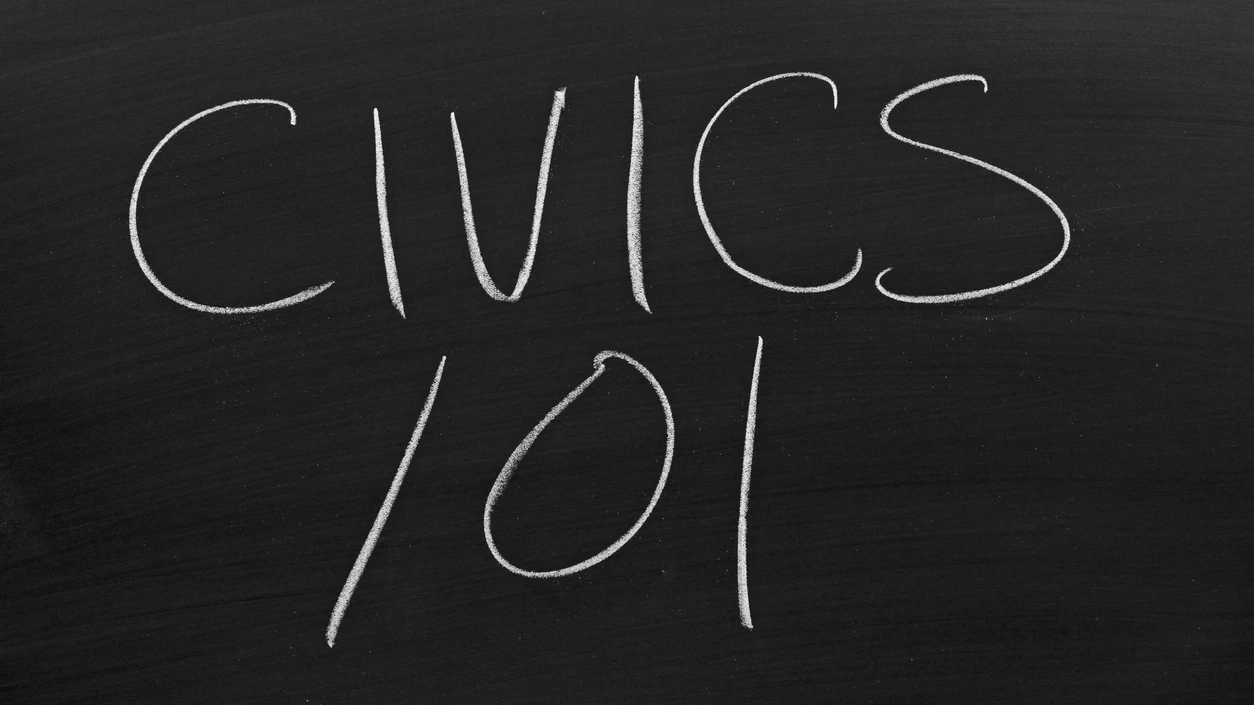As Independence Day approaches, the state is cracking down on fireworks-related offenses.
Gov. Josh Green signed four fireworks-related bills into law on Monday, June 30, each of which increase the penalties for people who misuse pyrotechnics or strengthen law enforcement’s ability to respond to firework complaints.
The most extensive of the bills is House Bill 1483, which was drafted this year in response to the Aliamanu New Year’s Eve fireworks explosion that killed six people, including a 3-year-old boy.
The bill establishes the charge of “general fireworks or articles pyrotechnic prohibitions in the second degree,” which applies to people who illegally set off fireworks near certain restricted areas.
For example, setting of a firework within 1,000 feet of a hospital, nursing home, zoo, or animal shelter falls under the new charge. So does doing so within a school building, on any public street, in a park or wildlife preserve, within 50 feet of a cane field, within 1,000 feet of a site of worship during services, or within 500 feet of a home.
The charge can be a misdemeanor offense for first-time violators, but is elevated to a Class C felony is the perpetrator has had a previous fireworks-related conviction within the past 10 years. If someone is seriously injured as a result of the violation, the charge is elevated again to a Class B felony; and if someone is killed, it becomes a Class A felony, with a maximum possible sentence of 20 years’ imprisonment.
Another bill, HB550, allows the Department of Law Enforcement and county police departments to use drones to record footage to establish probable cause for firework arrests.
The bill requires the drone to be flying over public property, and for the offense itself to also take place on public property.
A statement by Green’s office noted that establishing probable cause for fireworks offenses is difficult because of their “fleeting nature” and because they can take place in areas difficult for law enforcement to access.
“Fireworks place the community at constant risk of serious injury or death and should not be overlooked,” DLE Director Mike Lambert said in a statement. “The authorization of … drones to collect evidence for prosecution is a huge advantage for law enforcement agencies across the state.”
Senate Bill 222, meanwhile, extended the lifespan of the DLE’s Illegal Fireworks Task Force to 2030. The task force would have otherwise sunset on June 30.
And HB806 appropriates $2 million for the DLE to develop an “explosives and firearms laboratory” on O‘ahu, and an additional $500,000 to fund DLE fireworks sting operations, also on O‘ahu.
“Setting serious penalties in addition to amending our fireworks infraction processing are substantial advancements in setting deterrents and focusing our attention on those offenders who pose a large risk to our community,” Green said in a statement. “Too many illegal fireworks acts have been committed and have fallen through the cracks. These firework bills patch up the gaps in our system to help deter illegal activity and hold those accountable for their actions.”
Aloha State Daily reached out to Honolulu Police Department for comment.
For the latest news of Hawai‘i, sign up here for our free Daily Edition newsletter.





